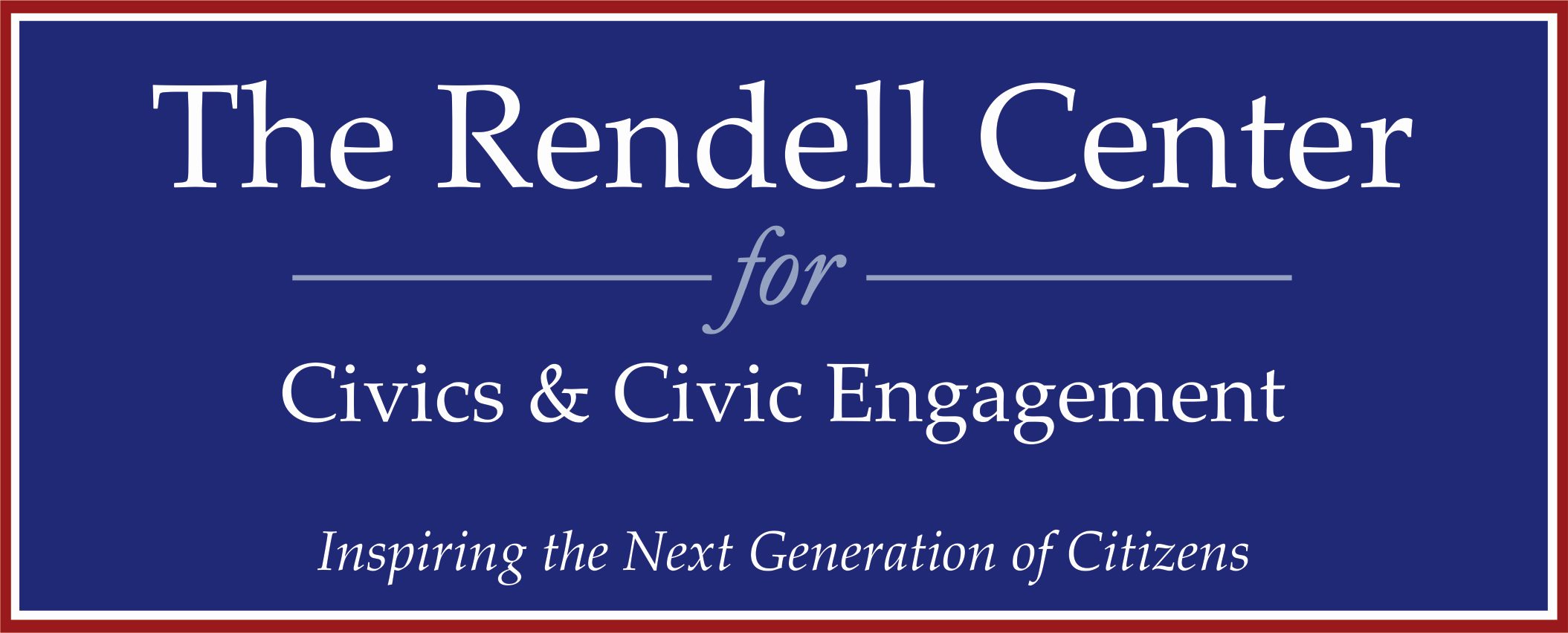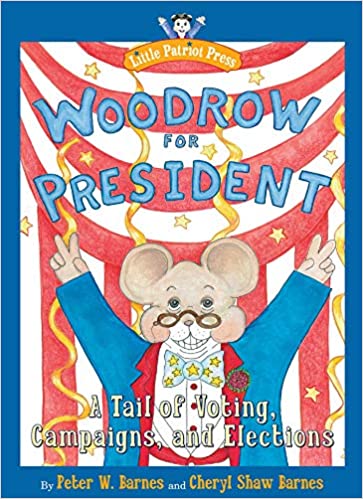November Activities
Woodrow for President by Peter and Cheryl Barnes takes the reader through the campaign, voting, and election processes. Woodrow Washingtail is a mouse who, from his youth, is an active, engaged citizen. Woodrow starts his career in politics as a volunteer in his community, and then goes from local politics to state politics to national politics.
Throughout Woodrow’s journey the reader learns the details of his steps to becoming president of the entire mouse nation.
Idea #1
In the story we learn that Woodrow registered to vote at 18. Eighteen is the age at which young people can begin to vote. In 1971, the 26th Amendment changed the voting age from 21 to 18. What are some reasons you think people had for wanting to lower the voting age from 21 to 18? When do you think you will be well-informed enough to vote? Do you think 18 is a good age, or would you like to have it changed? Do you think the voting age should be lowered, raised, or stay the same?
Be prepared to support your answer.
Idea #2
Woodrow did a lot of volunteer work in his community. For example, he helped at his local hospital, and he helped clean the local park. Would you like to do volunteer work in your classroom, school, and/or community?
Brainstorm a list with your class about the things you could volunteer to do. Reviewing that list, decide what volunteer work you would like to do. How might you convince your friends/classmates to join you in your work?
Idea #3
Civic engagement can begin when a student is in elementary school. One important way to begin is by using your voice and getting involved in your school, home and community. Read the following scenario below and use your voice to share your opinion.
Imagine that your school principal has been given some extra ground behind your school. The principal decides to ask the students how to best use the newly acquired ground. Two ideas emerge as the top ones to consider. The ideas are to have the ground used for a soccer field or to plant the ground with flowers and vegetables that can be sold to raise money for trips and special new programs. After the school-wide vote, the idea of planting a flower and vegetable garden won over the soccer field. Your friends decide not to work on the garden because they voted for the soccer field. They say that voting is a waste of time. How would you feel, and what would you say to your friends?
Idea #4
As the reader learns in Woodrow for President, candidates debate the issues that are important to voters. If your school had a Student Government and you wanted to run for the office of president of that student organization, in what issues do you think the student voters in your school would be interested? For example, would they be concerned about school uniforms, school lunch programs, bringing cell phones to school, etc.?
Brainstorm a list of issues in which you and your classmates are interested, and then choose one to debate with the students in your classroom.

